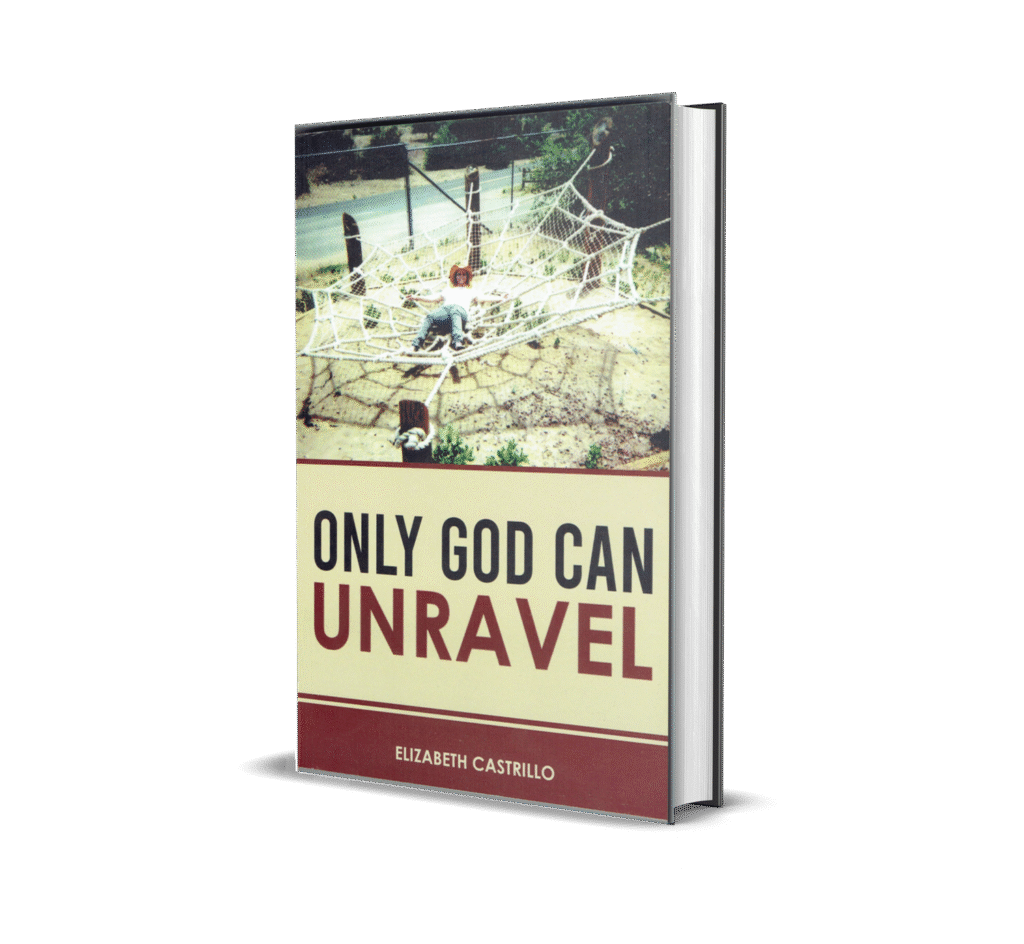
When Elizabeth Castrillo’s grandson Turtle dies in 2005, her world shatters. As her daughter and her partner face wrongful accusations in a flawed investigation, Elizabeth leans on her steadfast faith to seek justice. Only God Can Unravel is her raw, heartfelt memoir of love, loss, and spiritual resilience, chronicling a grandmother’s fight to honor Turtle’s memory and reunite her family.
Elizabeth Castillo is the author of Only God Can Unravel, which was published in 2010. Inspired to write not just for the sake of writing, but to tell her own story, Elizabeth draws deeply from her childhood experiences of abuse, which profoundly shaped her writing journey. These early experiences motivated her to seek the truth for the sake of her grandchildren, who were also victims of abuse. Throughout her life, Elizabeth has been heavily influenced by Joyce Meyers and has developed a writing style that she describes as “from the heart.” A major challenge she overcame was relearning typing skills on a computer, something she tackled by dedicating hours to a program. Unlike many writers, Elizabeth doesn’t rely on scripture reference guides; instead, she writes about her personal experience and how God has worked in her life. Her approach to writing is spiritual and reflective, focusing on her journey of forgiveness, growth, and healing. Elizabeth enjoys music, dancing, and unwinding with a good movie. Her personal philosophy centers on growing in the Lord with an open mind, and she is deeply motivated by her faith. Elizabeth believes the most important lesson she has learned in life is forgiveness and strives to share that message in her writing. Despite the sadness in her story, she believes that it is inspiring, as it demonstrates how God never leaves us.

In Only God Can Unravel, Elizabeth Castrillo recounts her journey through immense grief, heartache, and the pursuit of justice after the tragic loss of her grandson, Turtle. The narrative unfolds as Elizabeth handles the legal and emotional turmoil that follows his death, with her daughter, Siubhan, wrongfully accused of murder. Amidst the chaos, Elizabeth holds onto her faith, reflecting on her own childhood trauma, the difficult relationships within her family, and the lessons she learns about forgiveness, strength, and divine intervention. Through these trials, Elizabeth’s steadfast trust in God gives her the courage to confront the harsh realities she faces, even as her family struggles with accusations and separation. The book is a testament to the power of resilience, the complexity of familial bonds, and the belief that through faith, all things are possible.